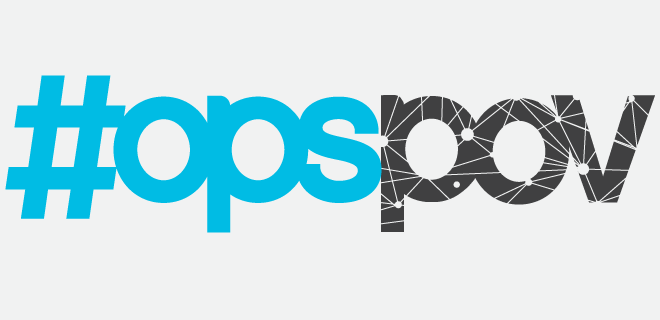
This really isn’t Facebook’s year, is it? I had started writing an article about an undercover investigation into content moderation on the platform when CEO Mark Zuckerberg’s wishy-washy statements about Holocaust deniers made the rounds.
I’m don’t get outraged at these bombshells; I mainly shake my head at more of the same—Facebook trying to duck liability for the content posted on its platform. However, the investigative report from Firecrest Films contained a very damning accusation: third-party moderators were lax in pulling flagged content from far-right groups because “extreme content” encourages user engagement… which is good for on-platform advertising.
With all the talk of brand safety over the last few years, you might find it funny that extreme content is potentially good for Facebook’s advertising business. The thing is, it’s the major brands seething about their advertising appearing around distasteful or downright offensive content. A great deal of the Duopoly’s revenue comes from less-vocal small and mid-size advertisers purchasing through self-serve platforms.
Nowhere Else to Buy
Money may talk, but SMBs don’t have the advertising budgets to speak that loudly. An advertiser with limited spend but with morals enough to boycott Facebook and Google would find their digital ambitions caught in the lurch. The options out there for smaller spends are limited.
To get the attention of even small-publisher direct sales teams, you’re going to have to plunk down a fair deal of cash. The spending hurdle to get rolling on the RTB exchanges is lower, but few DSPs cater to the SMB market because it’s notoriously difficult.
As AdProfs Founder Ratko Vidakovic pointed out in AdExchanger, “The average lifetime value of each SMB customer is much lower than mid-market and enterprise customers, while the churn rate is higher. SMBs also typically require more handholding, creating a burden on support.” In addition, he notes that there are even higher amounts of suspect advertisers in the low-spend crew, something Facebook and Google often have trouble managing.
And let’s be honest—programmatic fees add up fast once you start layering in data and other targeting. To get quality programmatic advertising, you gotta pay, while Facebook and Google have the scale to offer impressive targeting built into their self-service platforms.
When I shared Vidakovic’s column, “Ad Tech Abandoned the SMB Market” on Twitter, my old friend Myles Younger of MightyHive poked me to say he’d written a very similar column… For me… Seven years earlier when I was Senior Editor of Adotas and he was the CEO and cofounder of Canned Banners. Oh the times, they are not changing.
Programmatic Direct Answers the Call
But I do see a sliver of hope for pubs to grab more SMB spend—one that’s been gestating for a while. I’ve been delighted to hear many pubs say that business in their programmatic direct channels (sometimes referred to as programmatic guaranteed or automated guaranteed) is on the rise.
I was a champion of these platforms in the early days of iSocket and ShinyAds, believing they would be lucrative alternatives to the RTB market. But publishers complained that revenue was only trickling in—I think these platforms were stymied as advertisers of all stripes chased down plentiful and cheap (and potentially fraudulent) RTB inventory on the open markets.
Thanks to trends like header bidding and Ads.txt, the RTB market isn’t as cheap as it once was. Programmatic direct has also picked up steam due to concerns about brand safety and invalid traffic when running through the exchanges (or an ad network like Facebook), and because they require less hand-holding than PMPs.
But Facebook and Google have massive scale—scale that makes audiences of many major publishers look puny in comparison. Sure, some SMB advertisers (I’m thinking direct-to-consumer startups in particular) might be satisfied reaching niche audiences through self-serve platforms on choice publishers, but many will pass for the incredible reach of the Duopoly.
Which is where another trend could prove interesting—publisher alliances like Vox Media’s Concert and Nucleus Marketing Group. Programmatic direct offerings here could offer impressive reach on quality content, away from the user-generated sewage flooding many social networks.
It won’t happen over night, but self-serve programmatic direct platforms operated by publisher alliances with great scale cut into the Dupoloy’s dominance of the SMB market. They would be a real (brand safe!) alternative for luring in this elusive and challenging—but ultimately lucrative—spend.